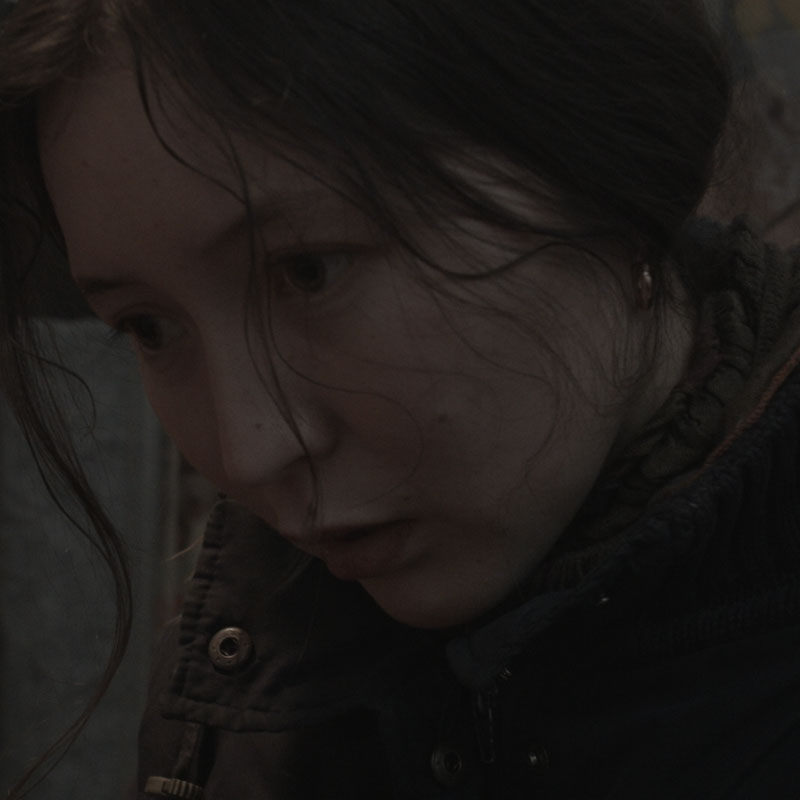Sergei Dvortsevoy’s Ajka is a movie that almost completely reduces the distance between the viewer, camera and its heroine. This closeness, shots from behind, stubbornly following after Ajka (Jolanta Dylewska’s camerawork) and the concentration of more and more obstacles on her path can be associated on the one hand with the poetics of movies filmed in one mastershot, and on the other hand with raw film realism. Perhaps this is where, among other things, the warm reception of the film in France (Golden Palm for the lead actress, Samal Esljamowa), whose spectators like to over-imbibe this kind of cinema, is coming from.
One can easily sense the documentary experience of a Kazakh director who manages to portray a brutally naturalistic tale of an immigrant from Kyrgyzstan without any complexes. This is a picture of the world in the margins of the field of view – i.e. places where all the dirt goes, but also places without which the main view radius cannot be clean and comfortable. Places of modern slavery, exploitation and sweeping humanity under the carpet.
We meet Ajka right after she gave birth to a child. She wakes up in the maternity ward, and without actually thinking, still bleeding and barely standing on her feet, she abandons the baby, fleeing through the toilet window to the streets of snow-covered Moscow. From now on it will only be harder – in this way the heroine’s path begins, dotted with the lack of sympathy of big city’s inhabitants, the escape from the past (and from debts), dramatic attempts to make money against spoofing, lies, exploitation and lonely survival only with the vague dream of a better life and guide-book How to set up a tailor company? under her arm.
In Dvortsevoy’s picture we will not see beautiful, clean and looked-after Moscow – it is as inaccessible as normal life happening somewhere outside the door of fancy restaurant’s kitchen. The constant snowfall and the struggle of man versus nature become a metaphor for Ajka’s Sisyphus torment. Despite the tragic situation, the heroine will tell her sister on the phone: “I have my job and my life, I will not return to my homeland.”
The creator also exploits the heroine’s psychic layer, reminding her about the abandoned child every now and then (bleeding dachshund feeding puppies at the animal clinic, a woman from Kyrgyzstan looking after her sick child, etc.). Ajka will have to come back to this crucial decision, even if she doesn’t want to, clipping together the whole movie.
Ajka is undoubtedly a movie from the important and needed category. It effectively reminds the fate of internal and external migrants (of course not only in Russia). It also fulfills the intended effect – this film is watched painfully and will certainly leave the viewer with a feeling of discomfort. And rightly so. But is it able to take the step we all need, i.e. to go beyond filming the reality in documentary spirit and convince someone more than just convinced?






